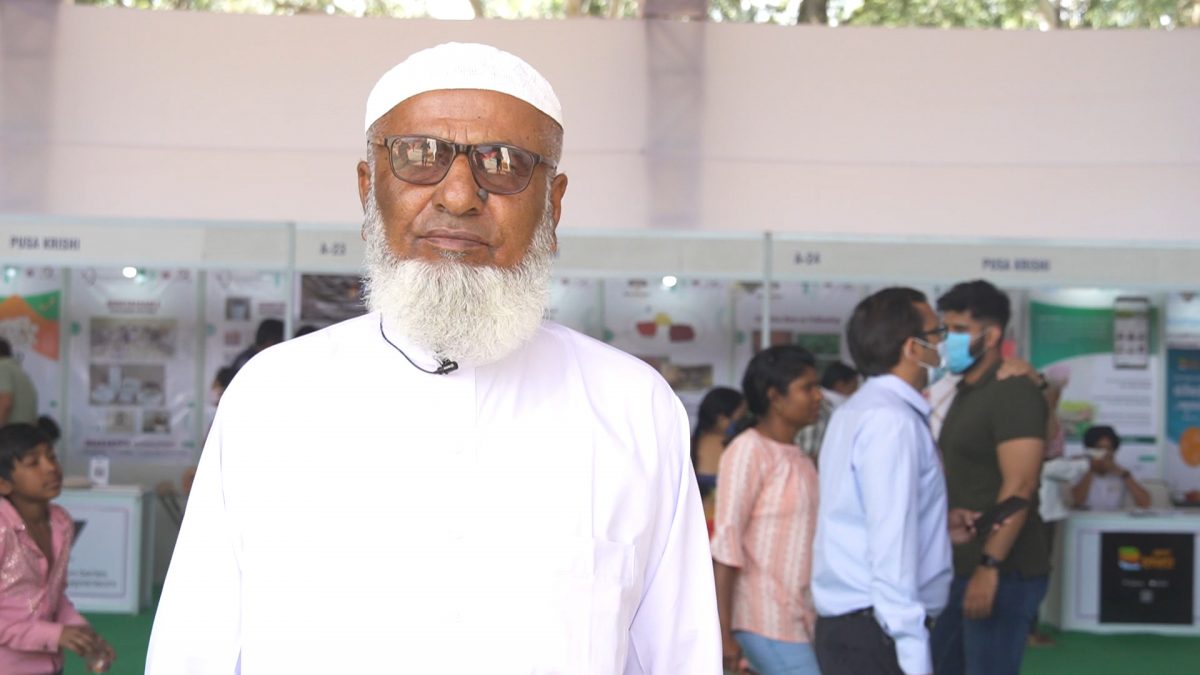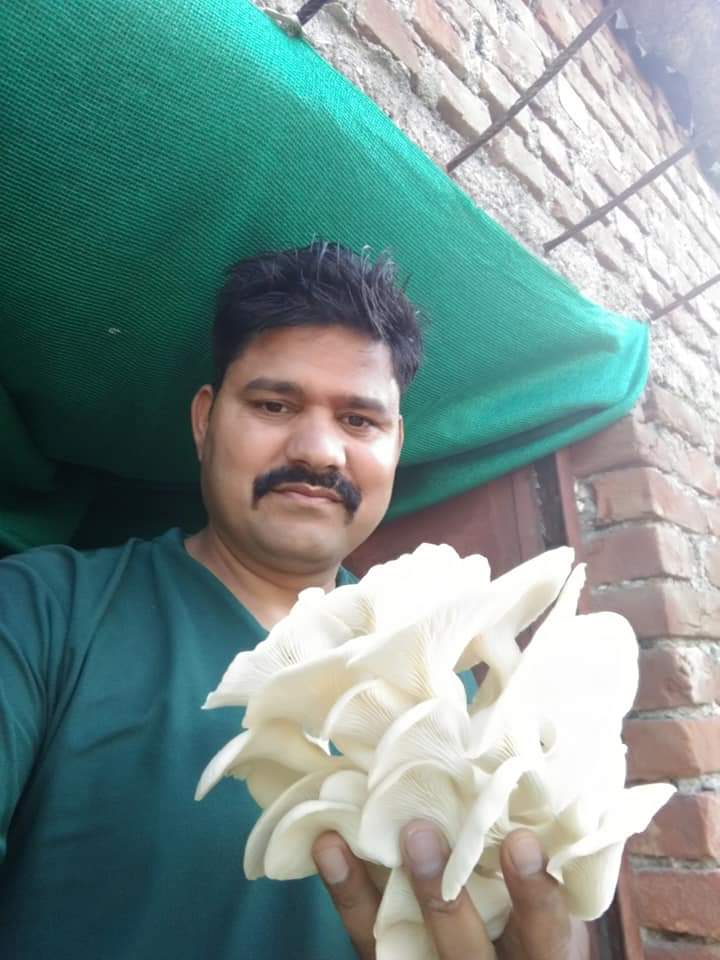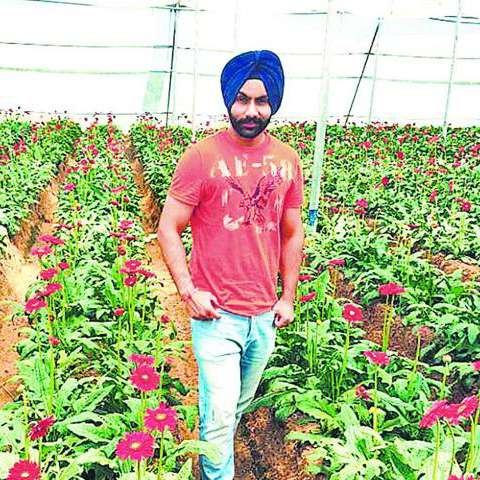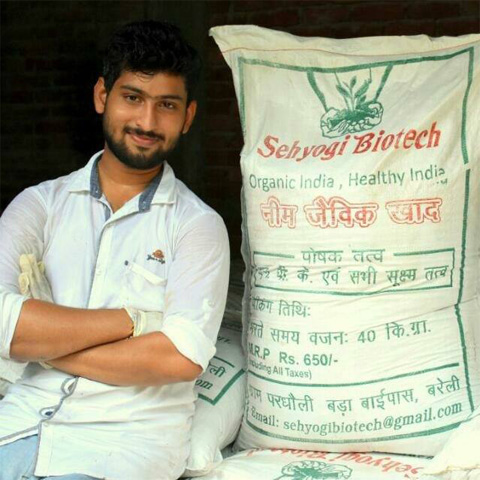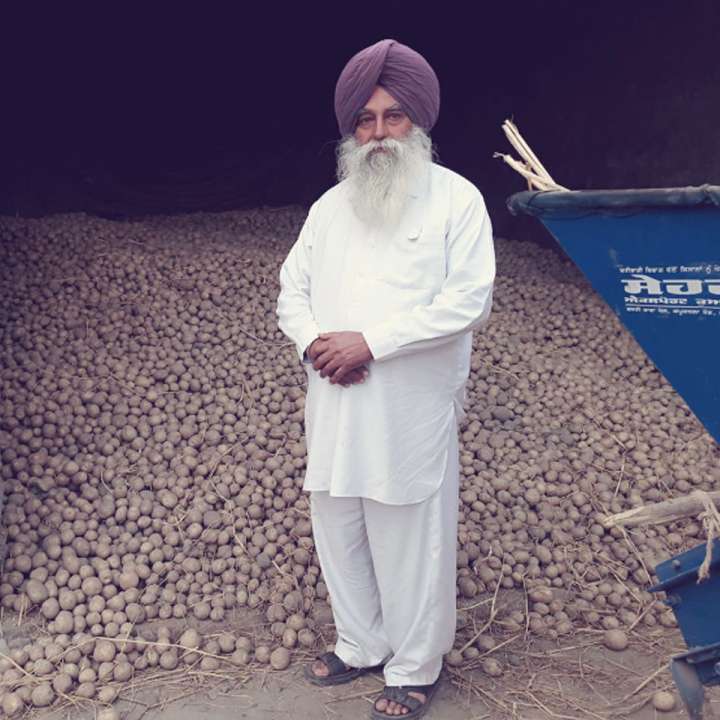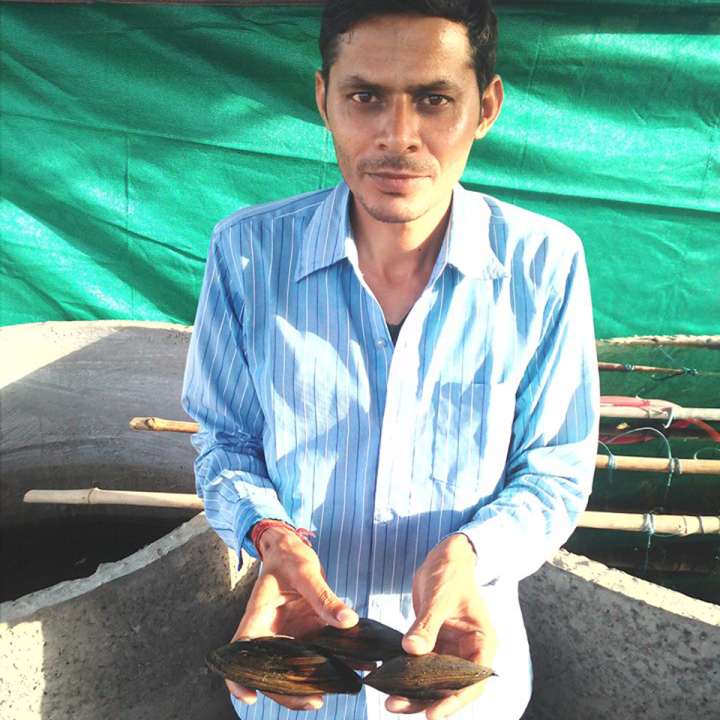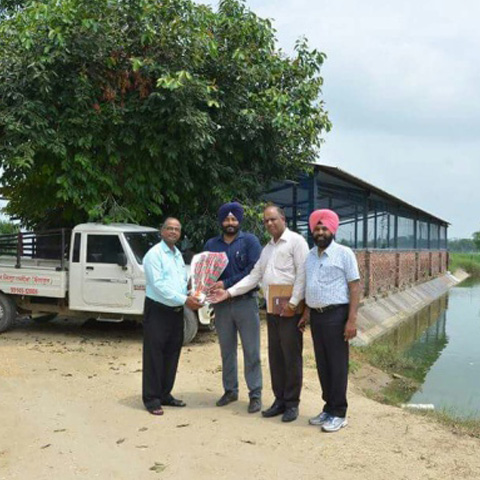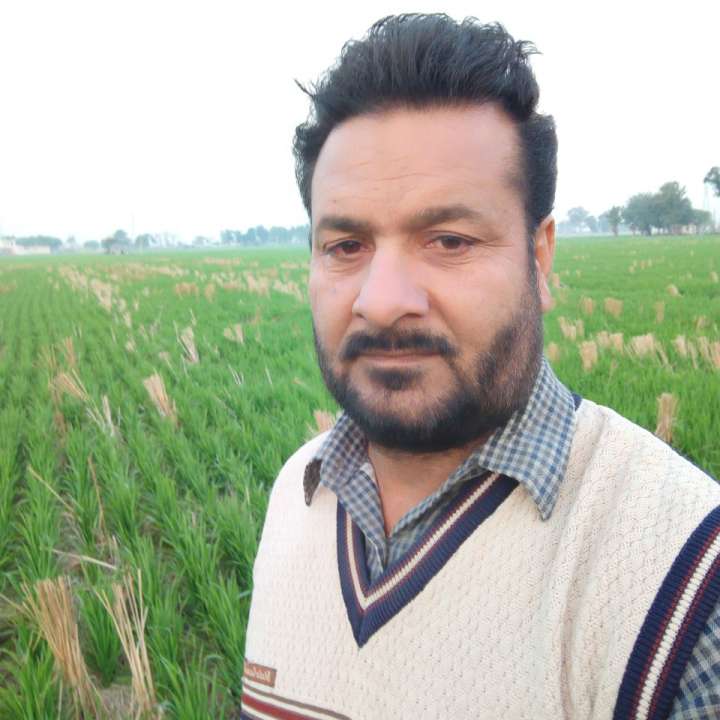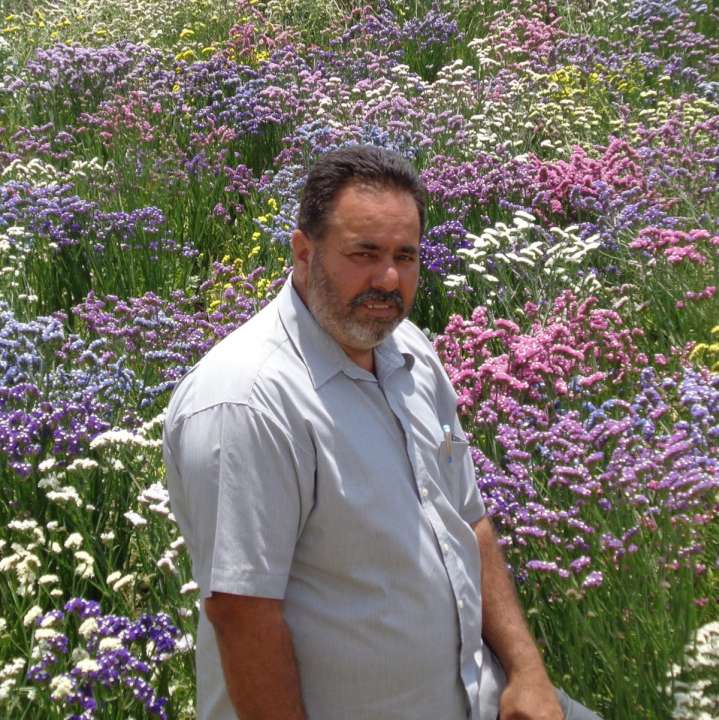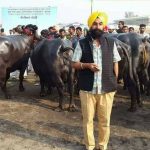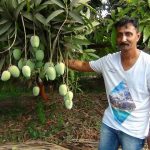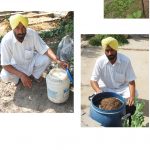Nothing can stop a hardworking person– Abdul Rehman
Where there is a will, there is a way. A person living in an arid region is believed to be confiding in livestock practices and selective crops, but some people find their way to stand out and set an example for others.
In 2009, Government of Rajasthan tied up with Atul Ltd. a company based in Gujarat, and started working on the scope of cultivation of Dates in the western region of Rajasthan and the results were positive. The government then started encouraging farmers to take up this new practice of farming and about the high demand for this product. Furthermore, Date Palm plants were stocked in Jodhpur for the farmers. In addition to this, farmers were given a subsidy of up to 90% due to which the cost of one plant was cut down from ₹2500 to ₹225.
The team from Atul Company used to visit the area for inspection and encouraged farmers to cultivate Dates and create awareness on how they could enjoy the profit in the coming years. This is how they met Mr Abdul Rehman who is a progressive farmer from Tawariwala, a village in Jaisalmer, Rajasthan. He has practised traditional farming since 1995 in which he grows castor, mustard, onion and wheat but opting for an entirely new practice wasn’t an easy task.
He was hesitant at first but they convinced him to take the risk and assured him that he had their full support. Then he was handed 465 plants to be cultivated in 3 hectares of land. The variety grown was Khunaizi. This variety has one of the best quality dates and is very authentic in taste. The first harvesting of this fruit is done after 5 years, he cultivated them 100% organically and sold the Dates at the raw stage. This plant also grows offshoot which generates additional income as the single offshoot retails at ₹800-900 and there are at least 10 offshoots in a single plant, annually he earns 8-9 Lakhs from selling offshoots. In 2016 the government send him to Israel to learn about new techniques in Date Farming. In the initial days, he faced quite a lot of struggles as there were fewer consumers because people weren’t aware of dates back then and had to travel to the nearest district Pokhran which was 125km away. Moreover, other crucial and basic resources like water and electricity were not accessible.
Mr Abdul also owns a farm where he practices livestock farming which includes Poultry, Goat and Dairy farming. All the animals are local breeds, there are 4-5 cows that produce 15-20 litres of milk, and there are 70-80 goats and 100 hens. Their biological waste is used as manure for crops which has proved to be very beneficial. This practice also generates 10-15 lakhs of income annually.
Achievements
- Awarded Innovative farmer at national level by ICAR- Indian Agricultural Research Institute, New Delhi
- Best Agri. Entrepreneur Award in 2016 by the government of Rajasthan
- Awarded at the state level in Gujarat along with a cheque of ₹ 51,000 in 2013.
- Awarded at the district level in 2011-12
Future Plans
Mr Abdul wants to expand Dates farming and experiment by cultivating different varieties.
Message
He wants other farmers to cultivate Dates as this farming requires less labour. The plant doesn’t get affected by changing weather conditions and the only requirement is roots dipped in water and sunlight on the plant.

